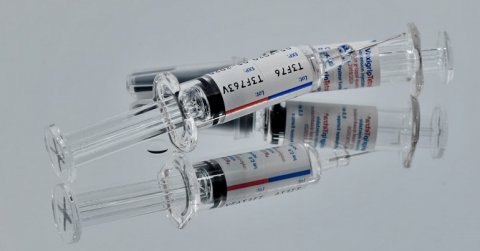
7 April 2020
By Heidi Chow
As the spread of coronavirus continues unabated, the response of the pharmaceutical industry is being thrust into the spotlight. For years, major public health crises have exposed the fundamental conflict between profit and public health in our pharmaceutical system. Whether it’s the HIV/AIDS epidemic which from the 1990s saw millions of people in the global south die because they couldn’t afford extortionate drug prices, or the current antimicrobial resistance crisis where there has been insufficient investment in developing new antibiotics, addressing public health need isn’t always the priority.
The bottom line is that whenever there is no profit incentive, people die. And this scandal is being unmasked once again as the numbers of coronavirus infections and fatalities continue to swell. The pharmaceutical industry defends their reluctance to develop vaccines for infectious diseases like coronavirus because the process can take several years by which time the crisis may have passed and with it the demand for the vaccine. And so it is seen as a costly risk for big pharma to undertake especially as the industry’s main priority is profit and not public health.
Commercial reluctance to invest in vaccines for infectious diseases has left public funding taking on a vital role in the race to find a vaccine. And it’s not surprising, since public funding is already significant in the research and development of health innovation. It is estimated that between one to two-thirds of all health research and development globally comes from the public purse. And yet, the research is often transferred to commercial players who then market the final product at extortionate prices to health providers and patients. The taxpayer ends up paying twice – first for the research and then in high prices.
No exclusive licence
According to figures from a new Public Citizen report, the US National Institute of Health has already spend $700 million on research and development into coronavirus. The report goes on to show that, as of 5 February 2020, there were at least 25 different vaccine and treatment efforts to address Coronavirus, of which two-thirds are being supported by nonprofit and public institutions. Despite the important role of public funding across these programmes, there have been no conditions imposed to ensure that everyone can get access to the treatments produced.
In response to this, last week 46 members of Congress sent a letter to urge the US Department of Health and Human Services (HHS) to not issue an exclusive license to any drug maker that develops a coronavirus treatment. Giving monopoly protection to any treatment could lead to high prices and prevent widespread access. They also called for conditions to ensure any final product is affordable and that the health department should intervene if it is priced excessively.
The UK government has already pledged a total of £40 million to develop a vaccine for coronavirus and other infectious diseases. This is being channeled to the Coalition for Epidemic Preparedness Innovations (CEPI) – a public-private partnership set up to develop vaccines against infectious diseases, which is funded by governments, the Bill & Melinda Gates Foundation, and the Wellcome Trust. CEPI announced it is committing to three programmes to tackle coronavirus worth $66 million in partnership with the companies Inovio Pharmaceuticals and Moderna, and the University of Queensland. However, none of these partners have the commercial facilities needed to manufacture the vaccine in the volumes required. A leading US health official has already warned that even if these programmes discover an effective vaccine, it will be hard to get big pharma to take up the manufacturing.
Hoarding supplies?
Without conditions attached to public funding to safeguard public access to any new vaccine, there is a real danger of countries hoarding vaccine supplies. Just last weekend, the shocking news emerged that President Donald Trump had offered German biotech company, CureVac "large sums of money" to obtain exclusive rights over a potential COVID-19 vaccine. CureVac has since been offered financial support from the EU. In the absense of robust conditions, the current flawed system allows for America-First attempts to hoard vaccines.
Cherry-picking
For too long, big pharma has cherry-picked the financially lucrative areas of public health, leaving the riskier, more uncertain areas of research in the hands of the public sector. It’s a classic case of socialising risks and privatising rewards. Attaching conditions to public funding and developing robust access policies are vital first steps to ensuring public funds leads to health technologies that benefit the public. However, you can’t ignore that there is something fundamentally wrong with the system itself.
Medicines, vaccines and treatments are not just consumer luxuries that you can walk away from if the price is too high. If you are unwell, they make the difference between illness and good health, and sometimes between life and death. They should be accessible for all who need them. Health innovation is too important to be left solely in the hands of big corporations where profitability always trumps public health. We need to push for fundamental change so that access to medicines and vaccines is seen as a human right for all and is driven by public health needs to ensure it reaches the people who need them.
Sign the petition to make the Covid-19 vaccine affordable to all
This blog was first published on Global Justice Now's website.







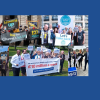
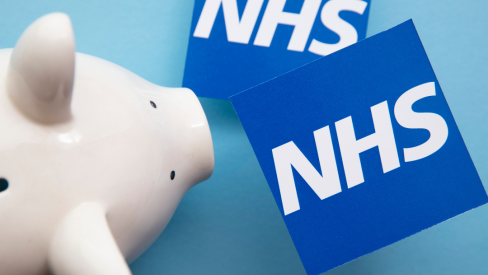
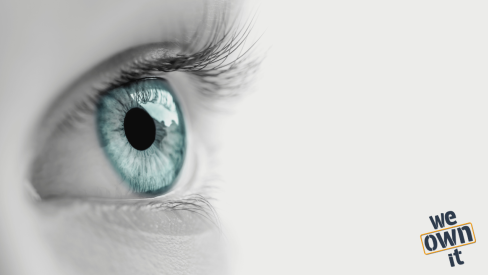

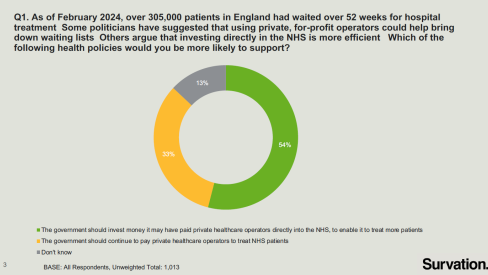
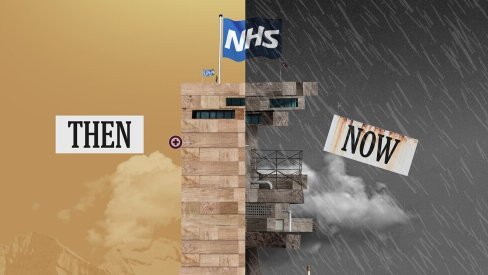
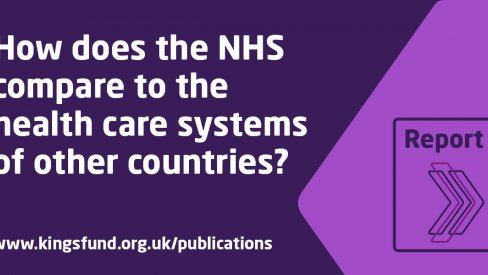

Comments
Karen McGuinness replied on Permalink
About time was sorted
Add new comment